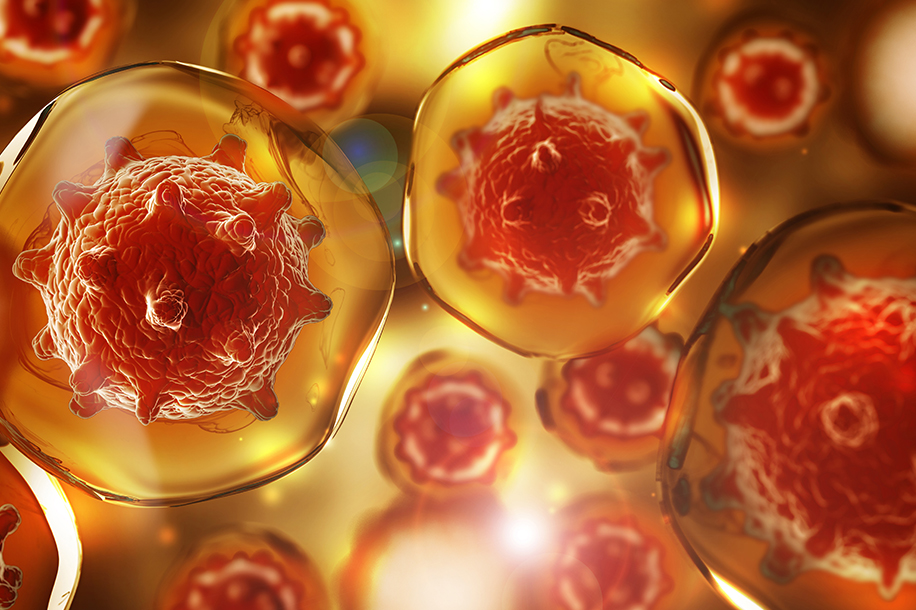





In the last years the demands for incorporation of antimicrobial agents in polymers have increased tremendously. With the spread of COVID-19 epidemy this demand has grown even more. Antimicrobial material, such as intrinsically active polymers have a wide range of applications such as example solid surfaces, varnishes and paints but also active packaging and much more.
Due to the increasing awareness toward the menace presented by microorganisms, the market demand from customers for microbe-free materials is growing stronger. Plastics are also susceptible to colonisation by micro-organisms such as bacteria and fungi, which can present hygiene problems and negatively influence the functional shelf life of a product. One of the applications where the importance of antimicrobials in plastic materials is best seen is in the food packaging sector. Therefore, the additivation of these plastic materials with antimicrobial agents is of great importance as they help to better preserve food and ensure higher food quality. The concept of active packaging is based on the incorporation of such additives (antimicrobial active substances) into the packaging itself in the form of a functional coating. Currently there are few standardised techniques to assess the biological risk and efficacy of antimicrobial materials, so it is of great interest to have a methodology that allows to know the toxicity of antimicrobial compounds currently used in the plastics sector. Given the importance of determining the antimicrobial properties of plastic surfaces, the course will deal with the available and certified tests to quantify the antimicrobial effects of plastics and will review the different kind of antimicrobial materials and their mechanism of action, as well as their advantages and disadvantages in order to give to the assistants the tools to better understand and select the antimicrobial substances and materials.
Presentation of the risks related to the presence of pathogens as perceived by the public and from professional. Future trends in the different market aspects and impact expected.
Introduction to the different typologies of pathogens such as virus, bacterias, fungi, etc. Concepts of microbiology.
Introduction to the possible mechanisms of action of antimicrobial materials, their advantages and disadvantages.
Presentation to the different antimicrobial compounds, pro and contra. Possible materials and sectors of applications.
Introduction to the different certified test to evaluate the antibacterial activity of different materials, specifically antibacterial-treated plastics.
Lo sentimos, actualmente no hay ninguna convocatoria abierta para este curso.
16 de enero 2024
- novedad
Composites materials and applications for building industry
Online
13 de mayo 2024
Webinars
Descontaminación de plásticos reciclados con fluidos supercríticos
Online
14 de mayo 2024
Webinars
Functional coatings for cellulosic fiber-based packaging
Online
22 de mayo 2024
Jornadas y Seminarios - novedad
EcoFRam 2024: Conferencia Internacional de Aditivos y Materiales Ignífugos Sostenibles
AIMPLAS
28 de mayo 2024
Bioplastic compounding and formulation
Online
28 de mayo 2024
- novedad
Mastering Additives, fillers and fibres: The base for the best plastic products performance
Online